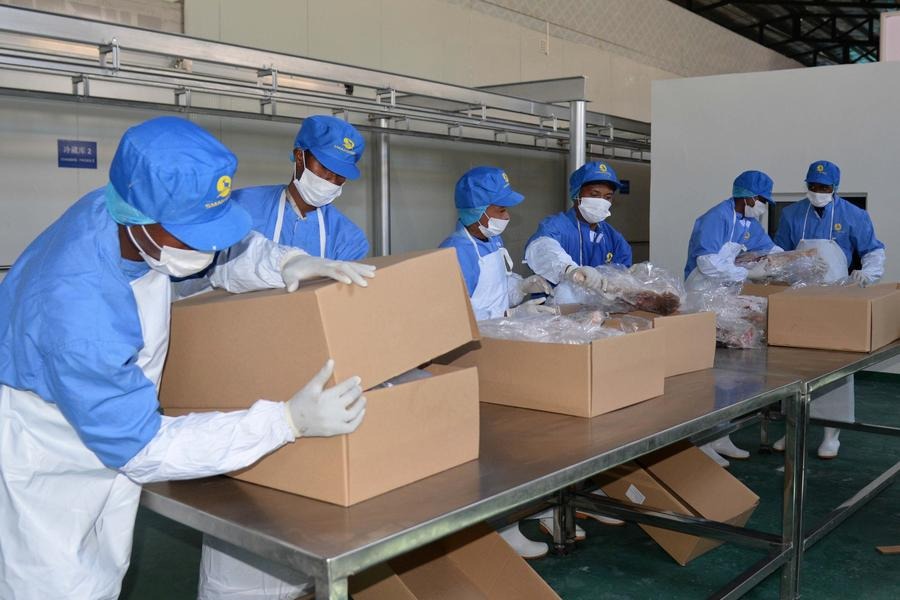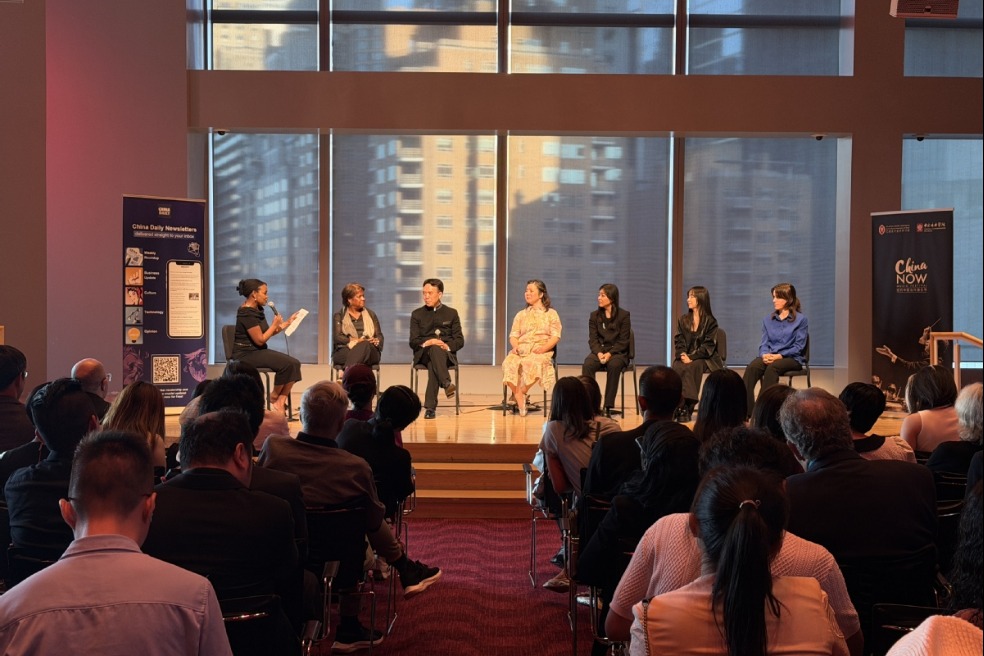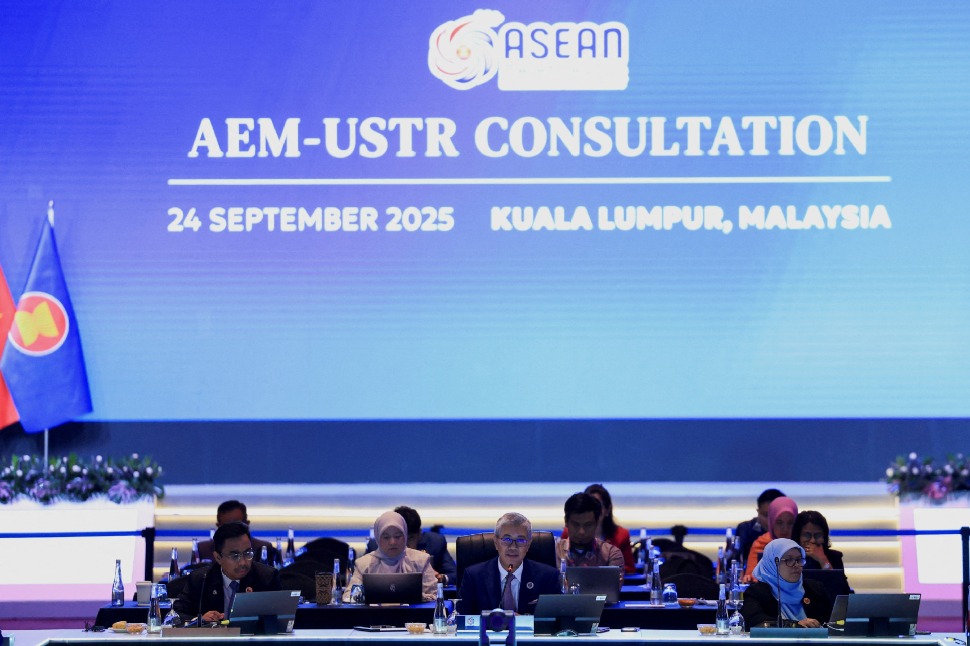Cultural identity
Singaporean author traces the evolution of Singaporean Chinese names


Cultural influence
Peter Tan Kok Wan, a senior lecturer at the National University of Singapore's Department of English, Linguistics and Theatre Studies, said young Singaporeans are primarily English speakers and that Singaporean culture is, to some extent, influenced by other cultures.
"They want names that work well in Singapore and when they go overseas … The given names (Chinese-based and English-based ones) are what parents can play around with."
Douglas Ong Say Howe, 30, was given a Hokkien name by his parents to reflect his Hokkien heritage, along with an English name to set him apart from others with more common English names.
Still, there are variations in naming practices, said observers.
Lee said these variations reflect personal and familial preferences, parental attitudes, and practical considerations such as pronunciation.
Some families opt for continuity with older generations, while others embrace modern naming conventions that reflect a more global or bilingual identity, he said.
Foo Suan Fong, executive director of the Singapore Centre for Chinese Language, said that retaining dialect names can be a way to preserve the unique Singapore cultural identity.
For Lim Tia Kiat, 21, his name is a rare sight for Singaporeans born in the 21st century.
His father, Lim Kai Ching, 52, wanted his sons to remember their Hokkien roots.
Believing that Chinese names carry deeper significance — something he feels is often lost in English names — he consulted a feng shui (a traditional form of geomancy that originated in ancient China) master to choose his sons' full dialect names.
While both sons were given traditional names, Lim encourages them to take on English names if they wish.
In recent decades, the arrival of new Chinese citizens has added further diversity to naming practices in Singapore, said academics.
For instance, Chinese people living in the Chinese mainland typically use standard hanyu pinyin for their names, including family surnames.
Lee said some new immigrants from China opt to use dialect-based spellings for their names instead of pinyin — for example, Teo Wei Ming instead of Zhang Weiming — "in order to blend in more seamlessly with local-born Singaporeans".
In the case of Ilyssa Feng Yuan Yi, 22, she was originally named "Feng Yuan Yi" by her China-born parents, and she later added an English name through a deed poll in 2020.
While the romanization of Chinese names has changed over time, what is most important is the Chinese characters themselves, said Lee.
"Regardless of whether a name is written as Lee Wee Heong, Lee Weixiong or Li Weixiong, the underlying Chinese characters remain constant and are what truly anchor a person's identity, reflect parental aspirations and connect generations across time," he said.
The Straits Times, Singapore

































